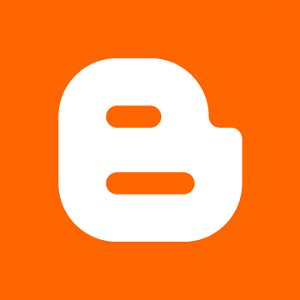FEATHERS
We have assembled an integrated knowledge/technology/client team to develop a novel robot-based home therapy program for children with hemiplegic cerebral palsy and older persons post-stroke. Our community partners are two large local rehabilitation services institutions.
Stroke rehabilitation professionals acknowledge that about half of upper limb functional recovery after stroke is spontaneous. Any remaining recovery results from intensive, repetitive therapy over months of time, stimulating neuroplastic changes in the brain’s motor control pathways. From a human perspective, this is painful, frustrating and hard work. Sustaining a treatment over months requires significant doses of motivation and funding. Health plans do not provide sufficient coverage; motivation is highly dependent on a person’s support network and inner drive, and is often not adequately tapped. High compliance with exercise regimens predicts significantly more functional return, yet lack of compliance is a problem for over half of recovering persons. Our society needs new approaches to improve the quality of life for millions of Canadians.
We propose to combine low-cost robotic devices, a bimanual training program, social media frameworks such as Facebook Games, and on-line performance sharing between therapy clients and with their therapists. This combination of components represents a best-practices approach to bidirectional knowledge transfer, development of technology and design of well-coordinated home-based therapy. We believe that together these approaches will yield interventions for people with stroke and children with hemiparetic cerebral palsy that significantly improve functional ability and lead to improved quality of life.




